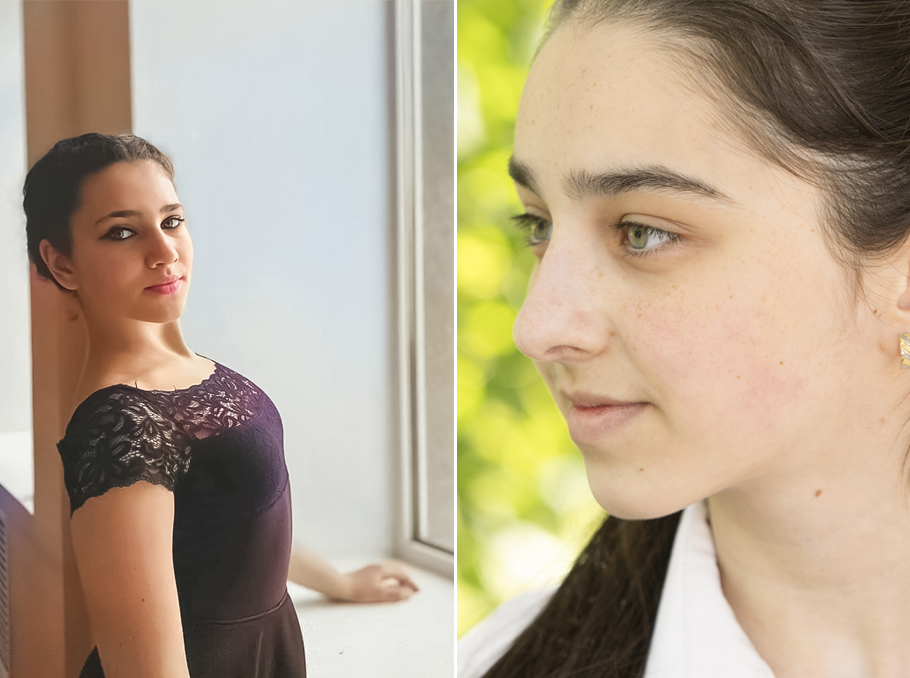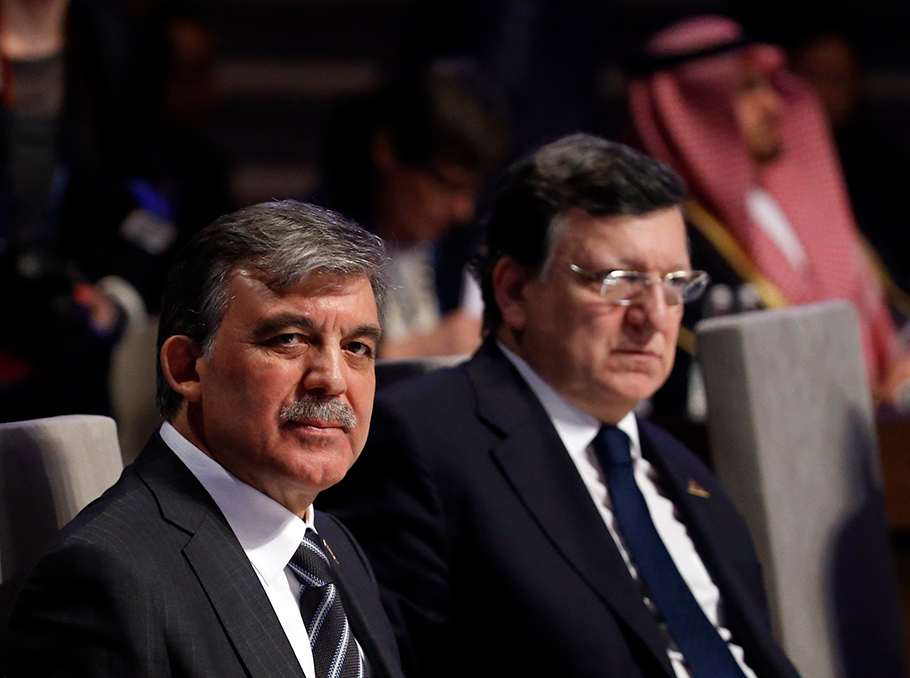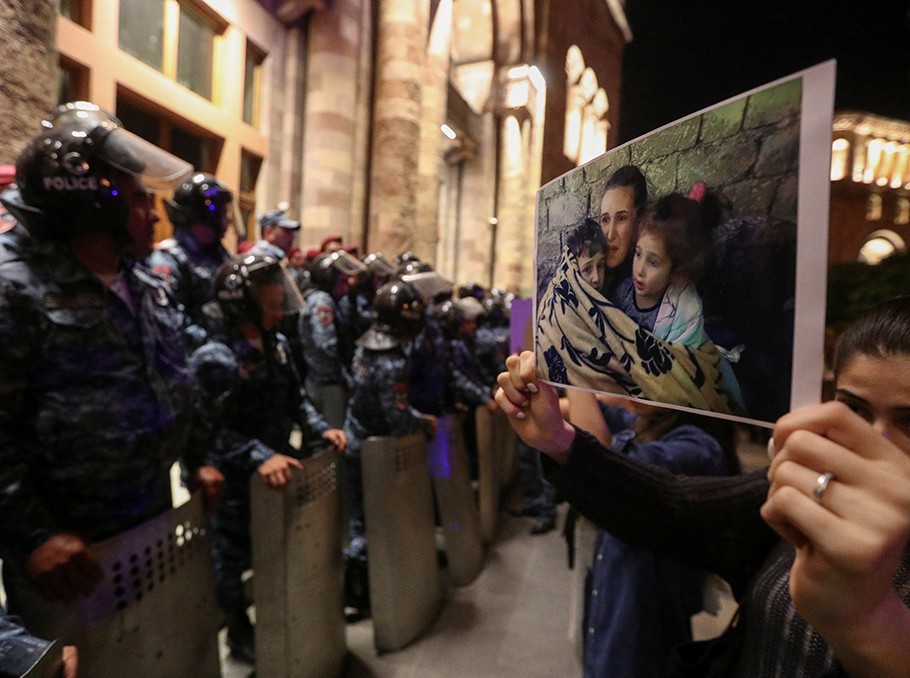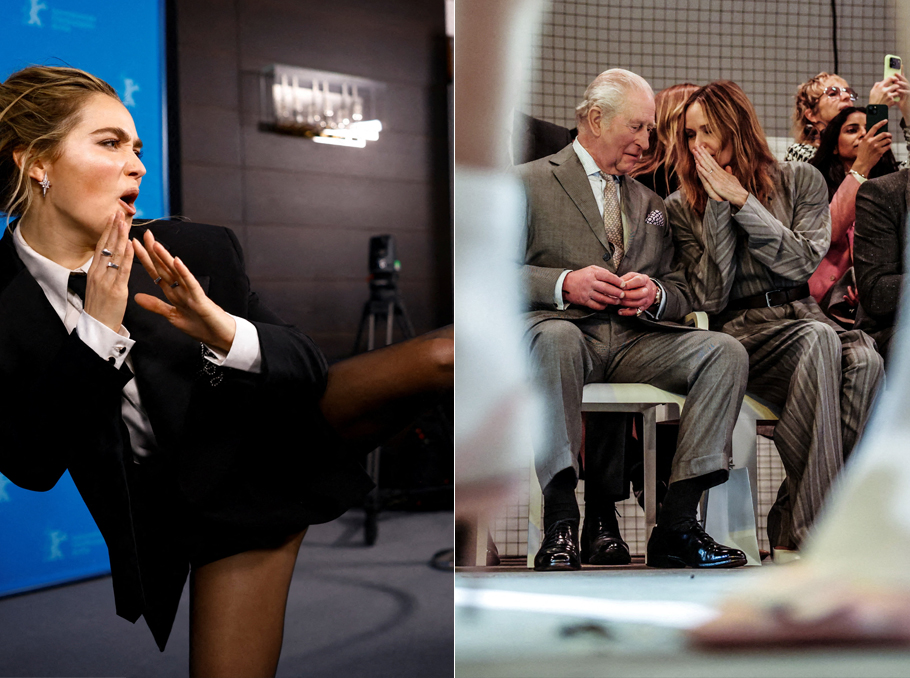The project was implemented by Mediamax and Batumelebi & Netgazeti, with the financial support of the Media Initiatives Center, within the framework of the “Creation of Independent Media Content” grant program.
14-year-old Eva’s blue eyes are smiling, trying to hide other emotions.
“I am from Artsakh, from the village of Berdashen, Martuni region,” we familiarize ourselves.
Currently she is studying in the 8th grade of Ashot Navasardyan Basic School No. 196 in Yerevan.
According to Armenia’s Ministry of Education, Science, Culture and Sports, as of December 2023, over 17,000 students forcibly displaced from Artsakh study in schools in Armenia.
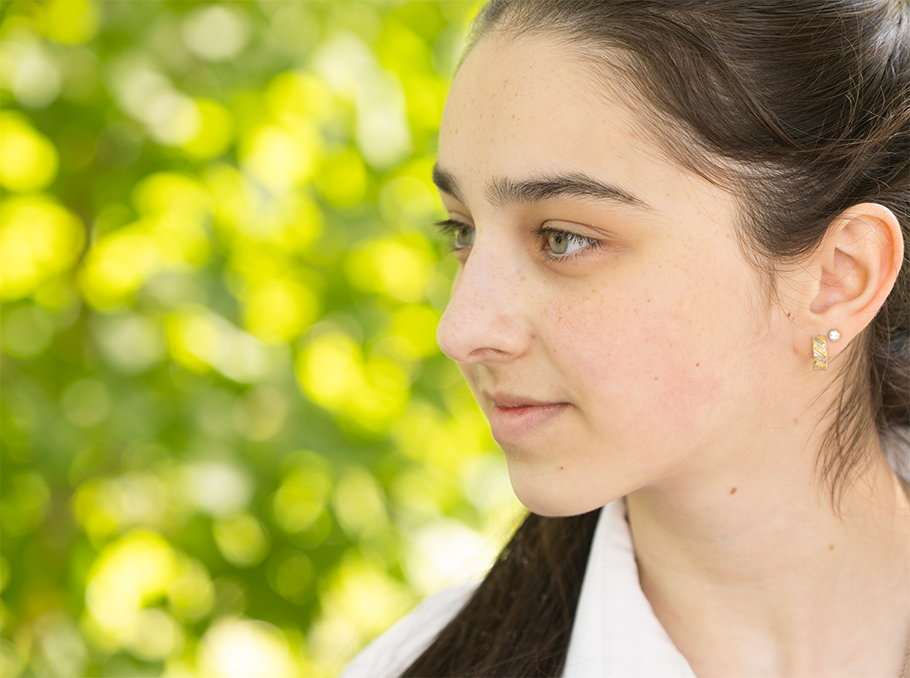 Eva Harutyunyan
Eva HarutyunyanPhoto: Mediamax
At one such school, now quiet as summer begins, we talk with Eva about friendship, longing and home. We have an “adult” conversation, often becoming emotional, and conclude that we do not need to hide our feelings, even behind Eva’s very beautiful blue eyes.
The yard full of roses and friendly talks about “everything”
“We are four children at home. I have a brother who is two years younger, he is in the 6th grade. I also have twin siblings in the 5th grade. My mother is a Russian language teacher and my father is engaged in farming,” says Eva and adds:
“My twin siblings go to the school where my mother now teaches, and my other brother goes to the same school as me. He adapts more easily.”
“And what about you?” I want to ask, but instead I ask about her interests:
“I have been attending English classes since the third grade, I want to become a translator. During the summer I will read a book in English and watch movies. Besides English, I also like algebra and the Armenian language. We had a very good school in Berdashen, and I enjoyed going there. I studied well in all subjects.”
I then ask her to tell me about her village and their house:
“The house was very nice. We had a large yard decorated with roses. We were going to repair it, but we did not get the chance. Our village was the largest in our region, with many attractions. In the summers, we often got together with friends and visit them. Or we would play in the schoolyard, then pick berries, get tired and sit down and talk about everything.”
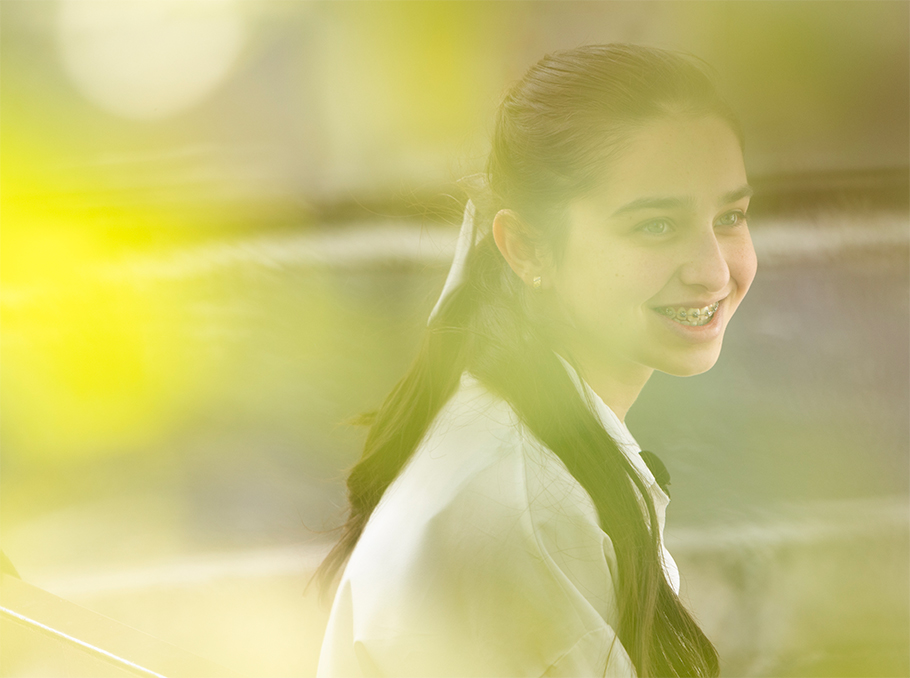 Eva Harutyunyan
Eva HarutyunyanPhoto: Mediamax
She says she still tries to keep in touch with her friends, but only through the Internet.
“My closest friend is in Vanadzor. Another is in Yerevan, in the Erebuni community. Most of them are in Hoktemberyan, Abovyan, they are everywhere.”
“We were there and it was better”
In December 2022, Azerbaijan blockaded Artsakh, cutting off the only “road of life” connecting it with Armenia and the outside world. The region was deprived of food, medical and other supplies. There was also no electricity and gas.
Eva remembers that school classes were not interrupted even during the blockade.
“They just lasted shorter. It was cold, there was a lack of food. I missed sweets the most.”
“Are you a sweet tooth?” I ask.
“A little bit,” Eva smiles shyly and adds:
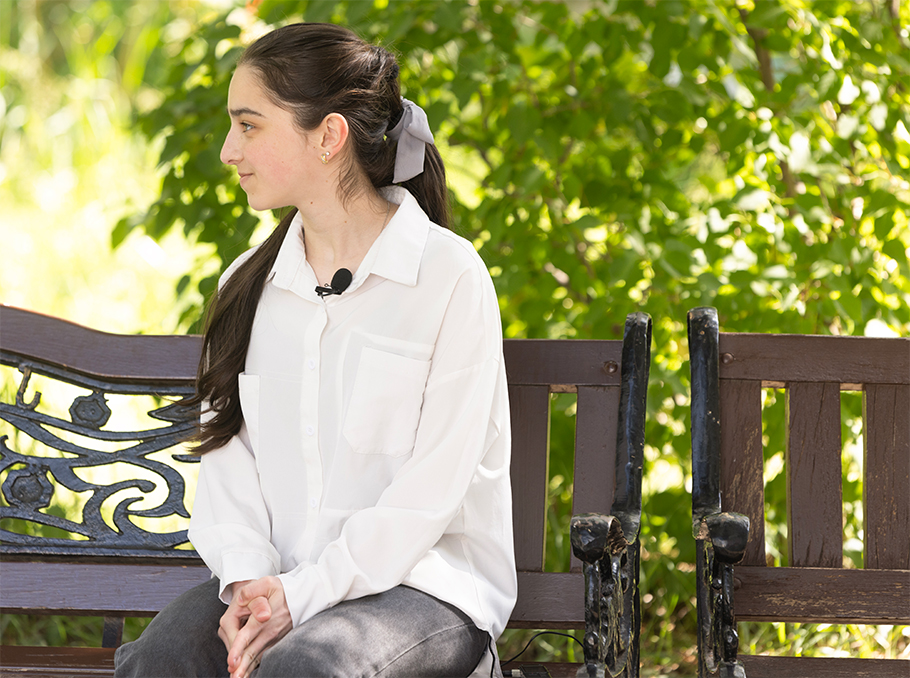 Eva Harutyunyan
Eva HarutyunyanPhoto: Mediamax
“My father cultivated land, we stood in line for bread, there was not much, but we did not complain. We were there and it was better.”
“I held my sister’s hand tightly and we ran to the basement”
During the 44-day war, the children of the family, along with their mother, were evacuated from their village and temporarily lived in Armenia’s Artashat community.
The 2023 September 19 war started for them while they were at school.
“We woke up that morning in a good mood to go to school. After three hours, we were sent home. My sister, my classmates and I were walking home from school when they started shelling our village. In the first seconds, I did not know what to do. Then I firmly held my sister’s hand and we ran to the basement of the school. Mom wanted to come after us...” Eva gets emotional and finds it difficult to continue.
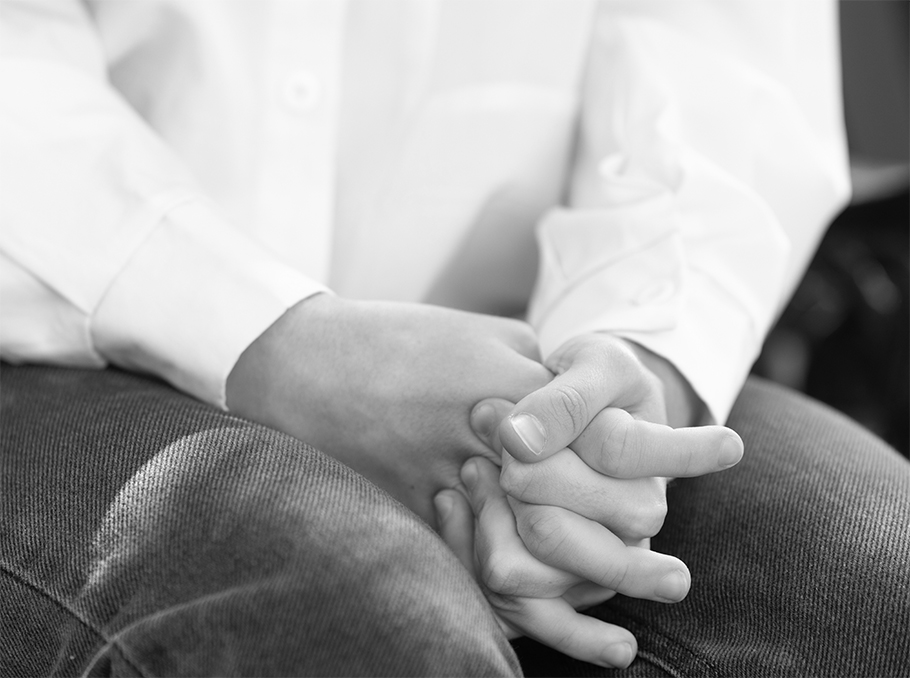
Photo: Mediamax
The girl’s mother, Elina Harutyunyan, tells about the same moment:
“I am a teacher, I worked at Eva’s school. It was around one o’clock on September 19 when we heard the first explosion. At first we did not understand what was happening. Then I do not even remember how I got down from the second floor to the first, because I did not know where any of my four children were. I knew that they should have gone home already, and the road is the most dangerous place during explosions.
One of the senior class students ran to me on the first floor. I do not know how and why, but I asked him to run after my children. Then I realized: he is also a child, a student. I was not crying at that moment, I was just shouting. I cannot explain what it was like. Then the physical education teacher went toward my children. I ran a few steps and fell. My sixth-grade son found me in that state. Without saying a word, he threw his bag on the ground and ran after his sisters. I only remember shouting: “Gor, reach them!” Now I constantly think that I was also endangering him. How could I not have said: “Gor, come to me, at least you will be safe. Maybe it was the feeling that he is their brother, he will help, save his sisters. I did not realize that he is a small child and what a heavy responsibility I was putting on him.”
After some time, Eva and her sister were found in one of the basements of the school. Children ran there after the first explosions.
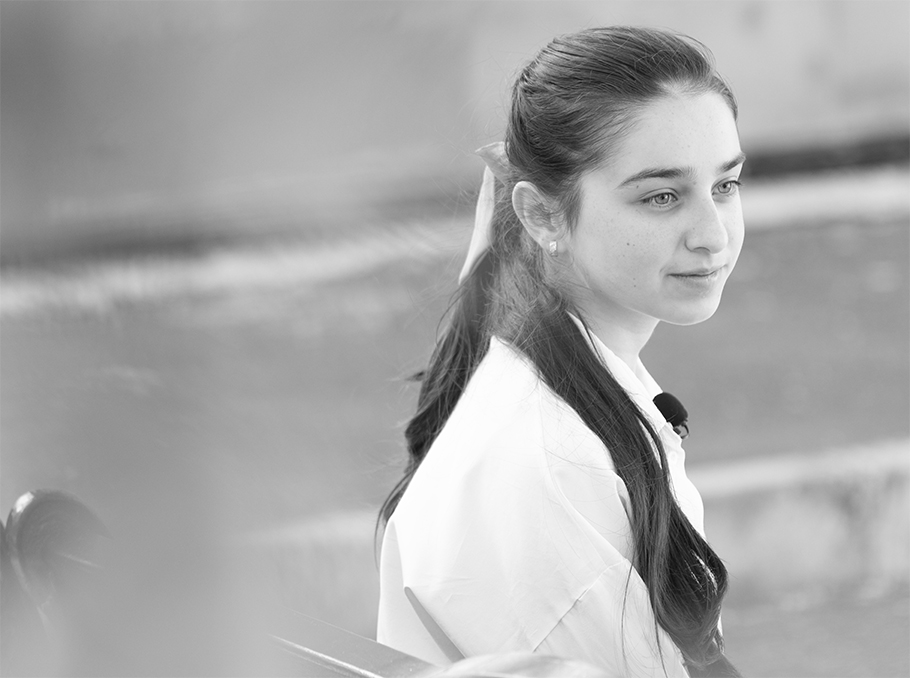 Eva Harutyunyan
Eva HarutyunyanPhoto: Mediamax
“My fourth son was in the basement from the beginning, and all that time he was asking about his twin sister. They kept him there so he would not run after his sisters. After holding my four children, I just started crying, but then another horror came to mind. I am a teacher, I have a class. Where are my students? After searching for 15 minutes in the school’s three basements, I found them all,” Elina Harutyunyan recalls.
Hours passed in the basement without information and food.
“A few teachers and I decided to go home and bring at least food and blankets for the children. While we were walking, we heard the sound of explosions. We returned and spent the night in the basement. At one point, my husband came and said he was going to positions. In the afternoon of September 20, we learned that a cease-fire was announced.”
“We left the basement and went home,” I continue the conversation with Eva.
“All the villagers we met on the road were sad, the village was gloomy.”
A car full of childhood
On September 25, the family left the village.
“We were told to leave. We collected some things. When I got into the car, I saw all the toys from our childhood inside. I asked, “Who did this?” My dad said, “It’s me.” And added, “I do not want the enemy to touch your toys.” It took us six hours to get from the village to Stepanakert, although it usually takes only an hour.
That day, there was also a gasoline explosion (a big explosion at the gasoline warehouse on the Stepanakert-Askeran road, which killed 218 people- ed.). We heard the sound, but it was raining, so we thought it was thunder. We spent the night in Stepanakert and early in the morning we left for Armenia. We spent the night on the road taking to Shushi. The enemy was constantly driving police cars, with their sirens on, deliberately trying to intimidate us. There was little food and nothing to do. We made paper balls with the children and played with them. After reaching Armenia, we felt relieved.
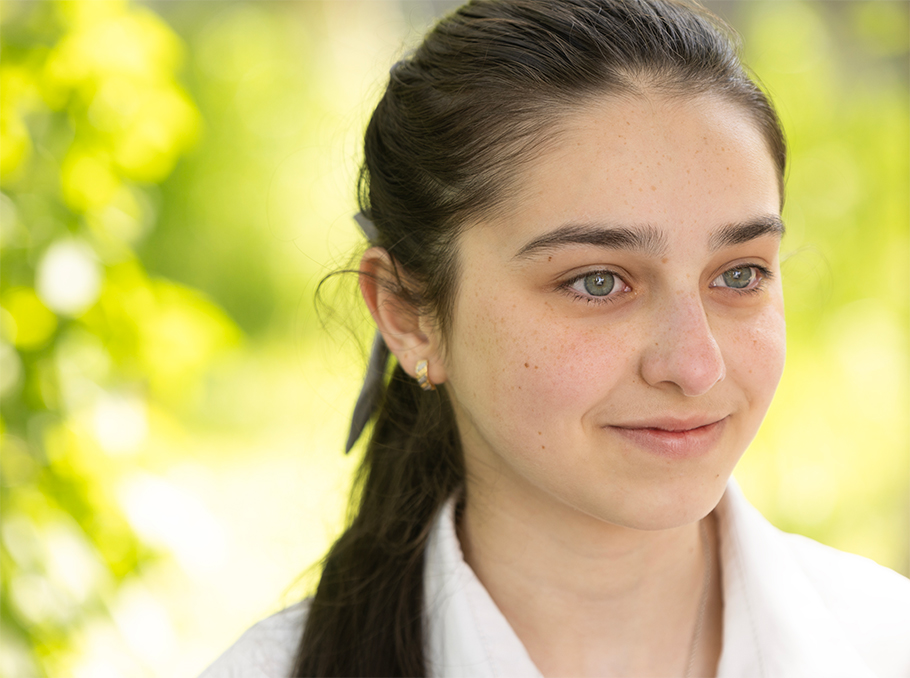 Eva Harutyunyan
Eva HarutyunyanPhoto: Mediamax
In Tegh village, our compatriots welcomed us and gave us food. We also brought with us the family of my uncle who died in 2020.”
“I wait and believe”
Eva says that at first it was very difficult to adapt to the new city and school.
“I wanted to cry every time I came to school. The attitude of my teacher and classmates helped me a lot. There were also students from Artsakh and I felt better.”
Eva’s mother also says that she is very grateful for the treatment she received at school.
Now, unfortunately, the family has to change their place of residence and Eva will go to a new school in September.
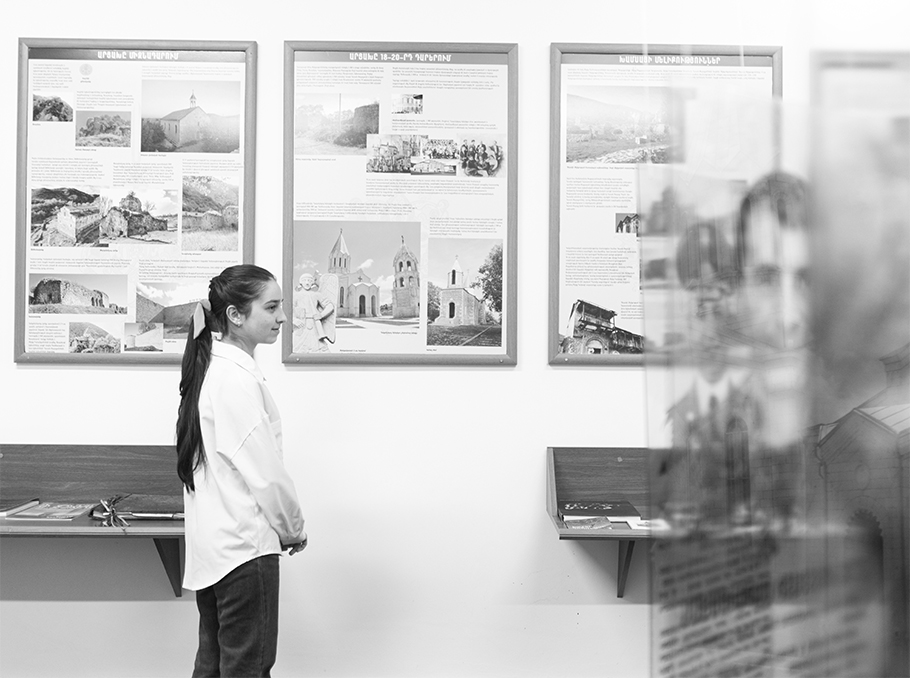 Eva Harutyunyan
Eva HarutyunyanPhoto: Mediamax
“I feel sad because I think it will be difficult for me to adapt. When I talk to my friends from the village, they feel sad and miss our home as I do. Most of all, we miss our school. Everyone here is nice and has welcomed us well, but I still wait and believe that we will return to Berdashen again.”
Until the last moment, I hoped that we would stay in Ukraine
“Waking up, I did not know the war has begun. Mom asked to pack our things, but I did not get it – where should we go at three in the morning? Mom insisted, saying, ‘they’re shooting, we got to go,’ this is how Miroslava Belozarova, 17, remembers the beginning of the Russia’s full scale invasion.
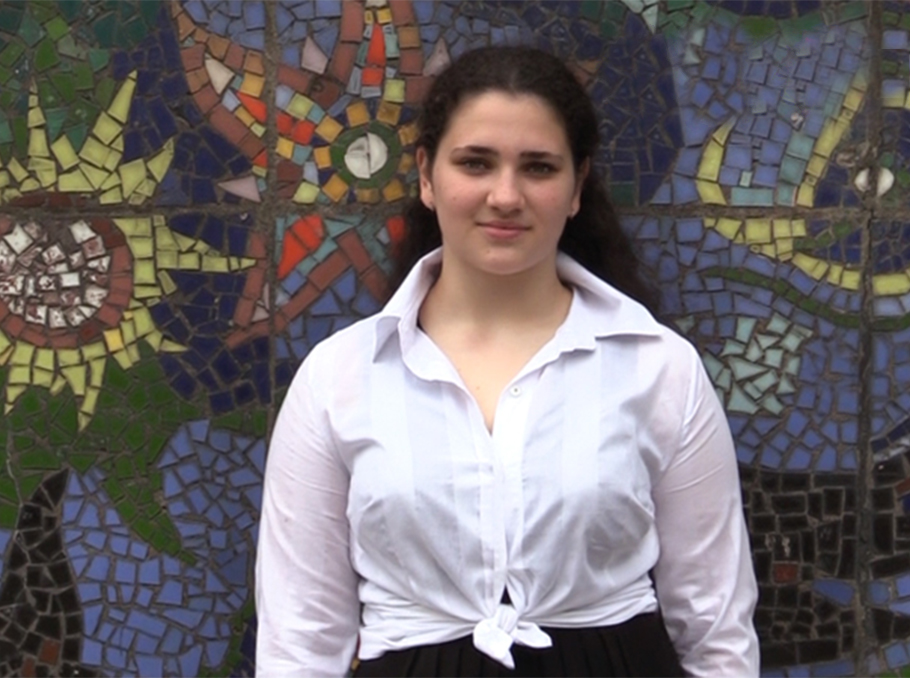 Miroslava Belozarova
Miroslava BelozarovaPhoto: Batumelebi & Netgazeti
A native of Kharkiv, Miroslava and her family, found shelter in the Kharkiv underground, where they spent two weeks. This was followed by a three-month stay in a Lviv dormitory, but ultimately they had to leave Ukraine. They chose Georgia because they have relatives there. “It was snowing and storming. There was no visibility, thus it would have been hard for the enemy to shoot at us. Nobody was at the station either. We flew to Georgia on June 11th, 2022. I remember that very well.”
“We accepted – at that time, there was no point in staying in Ukraine. Yet, till the last moment, I thought I would not leave Ukraine and would stay in Lviv. Leaving Ukraine was pretty tough… At the border, you instantly remember the school life, relatives… We left my dad, grannies and grandpa in Ukraine.”
Having arrived in Batumi, Miroslava continued her studies in Kharkiv school online. First and foremost, because of the degree she was guaranteed to receive from that very school. Additionally, as she says: “It was my favorite school, and I wanted to be its graduate, wanted to stay loyal to it.”
Miroslava remembers the cases when the lessons would be cancelled because of the electricity outages and teachers had to look for the alternative sources of power to keep the lessons running.
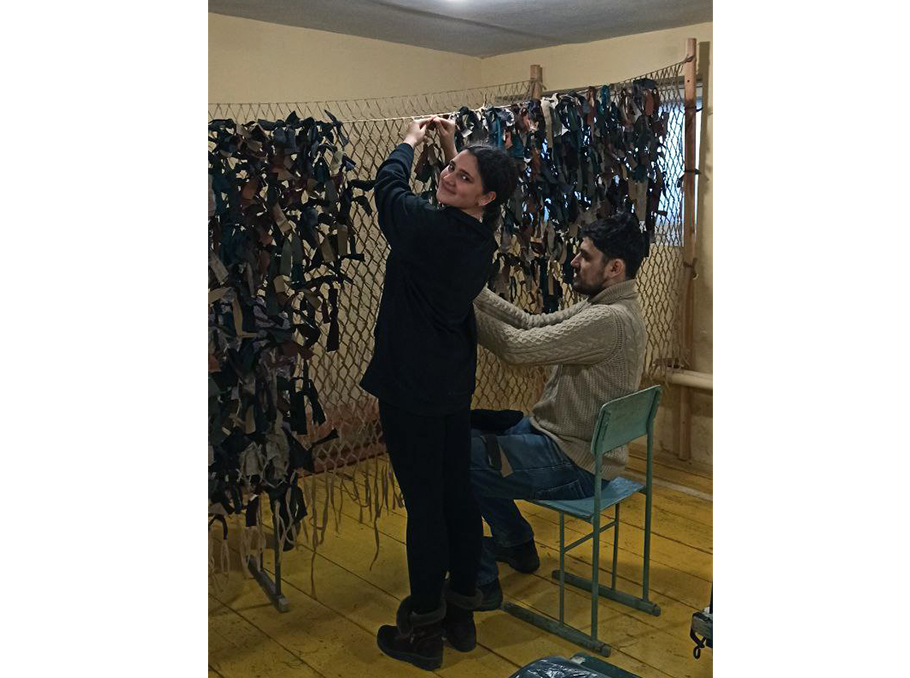 Miroslava Belozarova
Miroslava BelozarovaPhoto: from personal archive
“I am fascinated with the calmness my class master and history teacher demonstrated. Even during the air raid alerts, they would say, everything is ok, and we would go on with the lessons.”
“Unfortunately, we will not be having a prom. Just a few kids from my class are still in Kharkiv, others are all over Europe. We wanted to do something online, but in the end, a decision was made: those remaining would sit somewhere, with the class master, and that would be it.”
Continuing studies in Georgia and the barriers
Miroslava plans to study the nautical trade in Batumi, even though this has not been her plan A. While in Kharkiv, she was keen to do business studies. “I have even had a university chosen… But, after the war, everything just stopped and I had no idea what to do.”
“It is for my stepfather that I consider the Batumi State Maritime Academy. At first I was against it. It is not really my thing… But now I am thinking that probably, for quite some time, I will not be able to go to Ukraine and have to establish in here,” says Miroslava.
At the same time, she wishes to apply for the choreography faculty in the Arts Academy. She was planning the same in Ukraine – she has been a keen dancer for a long time.
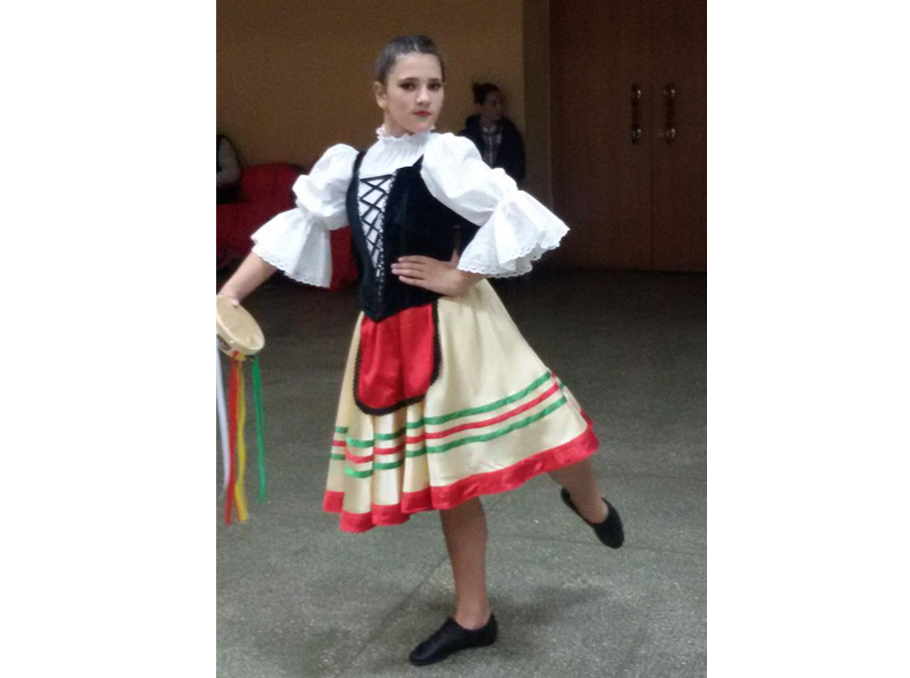 Miroslava Belozarova
Miroslava BelozarovaPhoto: from personal archive
“I have been dancing for a long time, since early childhood, for 13 years. I love dancing. This is my passion. Back in Kharkiv I did classical, folk, modern, and all sorts of dances. Here I have found a modern band. I also love Georgian dances. I will try to get deeper into them. For a few months, I have even danced Georgian in Kharkiv,” says Miroslava.
Batumi Maritime Academy can pride itself with three Ukrainian students, with all of them studying on the navigation faculty. Two of them study in English. The other one, who has known Georgian from the family members, is in the Georgian sector.
As for the Batumi State University, as of March 2024, four Ukrainian students study there. One is studying Turkology, others are in the Slavic philology and there are also students in medical faculty. All of them study in the English sectors.
The Ukrainian sector of Batumi No20 Public School has 14 graduates this year. The acting principal of the school, Tea Davitadze said that from the 11th-graders who graduated Ukrainian schools online, some plan to study in Tbilisi in English while some wish to attend college and learn trade.
It should be noted that in Georgia only a few universities have English-language programs. So, even if a Ukrainian teenager has the required knowledge of English, they are limited in choosing their profession.
Plans in Georgia and the language barrier
One of the big barriers for Miroslava at the moment is her poor knowledge of Georgian. Yet, she has made a firm decision to learn and speak Georgian.
The National University exams in Georgia can be passed either in Georgian or English. Miroslava plans to take exams in English, but study in Georgian.
“Probably, I will be taking exams in English. I have to work a little on my English, too, but I really want to improve my Georgian, so I can develop from other sides, too,” notes Miroslava.
In Georgia, a Ukrainian citizen needs the B2-level knowledge of Georgian to study Georgian-language programs. While the state universities do offer a year-long course of Georgian to foreigners, one needs to pay for the privilege.
Miroslava attends free courses of Georgian for Ukrainians. Thinking that Georgian is pretty hard to learn, she quickly managed to start reading and now firmly believes that she will be able to speak Georgian one day.
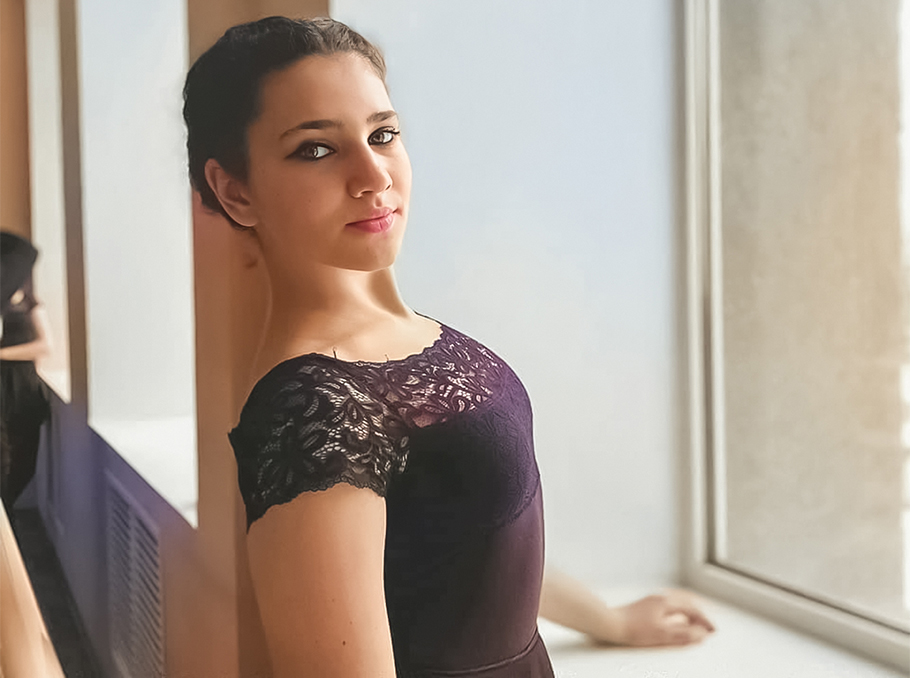 Miroslava Belozarova
Miroslava BelozarovaPhoto: from personal archive
“I am still a beginner. Maybe, I will be ready in a year or half a year. As for the university, in case I do not understand something, I will ask, this will not be a problem. I am sure I will manage to speak Georgian. It is very interesting to communicate in Georgian and besides, it is the language of the country that helped us so much.
At first, I had hard time imagining my future here. Now I think there are a lot of opportunities, and I can build my future here. Georgia is like a second home to me,” says Miroslava.
A month ago Miroslava’s mother convinced her parents to come to Georgia, but her dad and second grandma are still staying in Ukraine.
Authors: Yana Shakhramanyan, Ia Frangishvili
Video: Gaiane Yenokian, Ia Frangishvili
Photos by Emin Aristakesyan









